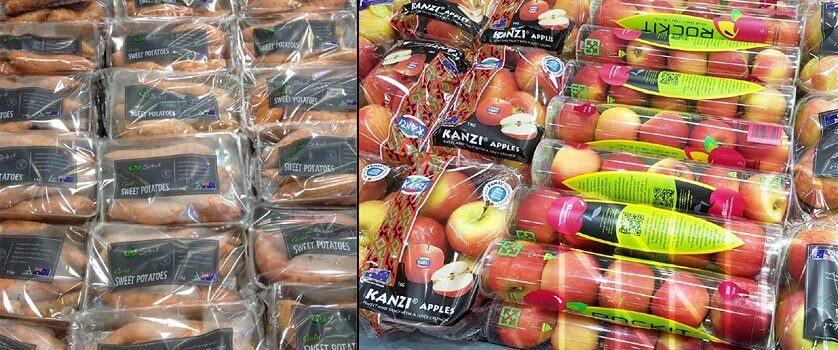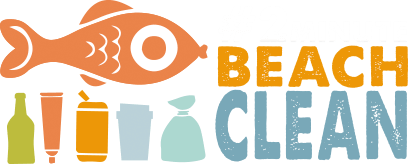The Tide is Turning. But is it Turning Fast Enough?
Author Martin Dorey on 02.05.2020
Plastic campaigners, me included, have been celebrating. Over the last few weeks the subject of marine litter and single use plastics has come to the forefront, with much of the news media obsessed by Storm Eleanor, and then by Theresa May’s announcement that the government vows to eliminate the UK’s plastic waste by 2042.
It is good news. Eleanor highlighted just how much plastic is in the oceans by regurgitating it on Cornwall’s beaches. My local beach, Crooklets in Bude, was as bad as I have seen it in years, with all kinds of plastic – cotton bud sticks, tampon applicators, wet wipes, plastic bottles, fishing crates and plastic rope – choking the shoreline. My image of plastic debris on the beach from Thursday has gone around the world, inspiring newsrooms everywhere. It’s been a busy week.
But there’s something not right about this vow from May. It seems to me that it’s lacking in urgency and direction. While it’s great that the problem is being acknowledged, I get the feeling that 25 years isn’t soon enough. As we slowly prepare our gentle changes, thousands of seabirds, sea mammals and fish will continue to die from ingesting plastics or being strangled by it and millions of tonnes of trash will still find its way into our oceans.
We are acting now. Are you?
Eventually, if the government is serious, we’ll have to rethink our relationship with plastic. Any business that isn’t making changes will have to comply. The supermarkets will have to find other ways of packaging our food. Drinks companies will have to recover their waste. Eventually.
However, the way I see it, we should be acting now. Right now, not in 25 years or in 10 years or even 5 years. We have to seek out alternatives that are sustainable, earth kind, and that have a clearly defined end of life. And that end of life shouldn’t be getting picked up off my beach by a school age eco campaigner. It should be composting, making new life.

Why I support the innovators
I write blogs – like this one – for people like Nu because they are working hard to offer alternatives to plastic. They are searching for a new way, using sustainable materials and employing the kind of forward thinking that many brands are ignoring because it doesn’t suit their bottom line, shareholders or practices. No stone should be left unturned when it comes to eliminating plastic. And it’s up to all of us to play our part.
Levies on drinks bottles, coffee cups and plastic bags are proven to work but they don’t tackle the problem head on. Likewise, beach cleans don’t stop plastic from being in the sea. My #2minutebeachclean project is nothing more than a sticking plaster. The only way to stop the tidal wave of waste is to stop it at source. And that means stopping production of needless packaging, beginning to manufacture out of sustainable, compostable and biodegradable materials, improving recycling rates to 100% and changing our attitudes towards plastic. We also need to be responsible for the products we push out into the world, not let local councils clear up after us.
If I was a CEO looking at this now I wouldn’t be twiddling my thumbs waiting for Theresa May to force me to change. She won’t be in power in 2042 anyway. Instead of planning for ways to get around the new levies or comply with new legislation I’d be looking at everything, from the ground up, right now, today, immediately.
Because those that don’t are going to be the first to go extinct.
“Eleanor highlighted just how much plastic is in the oceans by regurgitating it on Cornwall’s beaches.”
Author Martin Dorey – the founder of the global #2minutebeachclean movement, writer and beach lover.


What Others are saying
Be the first to comment